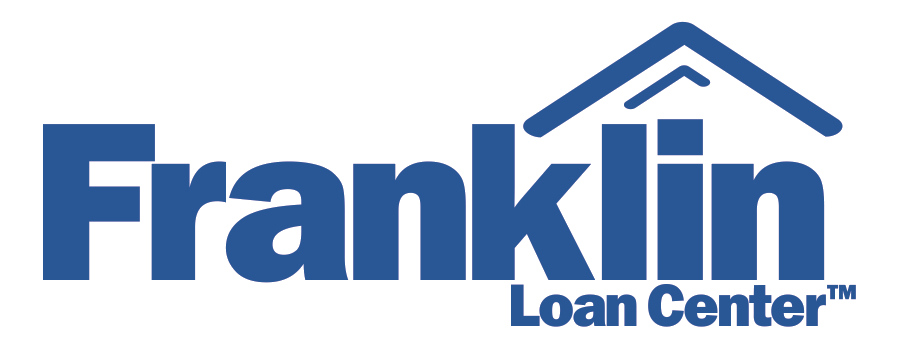2/1 Buy Downs Explained
Filed under: Market Comentary
2/1 buy downs is a topic that has been trending lately, but I still have a lot of people who are wondering what it is and why they would do it. Here’s what you need to know:
What is a 2/1 Buy Down?
A 2/1 buy down is what it sounds like: it means you are starting with today’s rate and buying it down to lower it by 2 percentage points in the first year. The second year it goes up by 1 percentage point, then years 3 through the end of the loan it the normal rate.
Looking at a few quick numbers: current rates are at 6.5% for a 30-year fixed mortgage. In this situation, you would have 4.5% the first year, 5.5% for the second year, then you would be back to the 6.5% rate for the life of the loan.
The 2% savings on a $600,000 loan works out to be about $750 per month during the first year. The 1% during the second year works out to be about $360 per month in savings. Then, for the rest of the loan the rate goes back to normal.
The total on it works out to be a savings of $13,000 – $14,000.
Planning for the Future
So, here’s the idea about how these types of buy downs can be used. Hopefully, you can negotiate with the sellers to pay that amount for you. The seller pays for the 2/1 buy down (so it’s not out of your pocket), then you reap the savings.
The next question comes up: why wouldn’t I pay to buy down the interest rate permanently? The thought process is based on history and trends: we are experiencing inflation and the Fed is increasing interest rates. Sooner or later, possibly within the next 1 – 2 years, we will see interest rates come back down and there will likely be a refinance opportunity.
So, the idea is to use the 2/1 buy down to front load the savings. Then, when a refi opportunity comes, take advantage of the option. This strategy is better than buying down the full rate, which could put the break-even point a few years out. I don’t think this is a good idea to do since we think rates will likely come down again.
This tool can be a great way to get through the high interest rates. Of course, there is no guarantee that you will be able to refinance. But even if it doesn’t work to refinance later, at least you saved the money at the beginning of the loan.
What is the Best Mortgage Strategy for Your Home Purchase?
Want personal recommendations? Talk to me any time to learn more about the possibilities for your real estate purchase. I’m always here to help!

 Franklin Loan Center | NMLS 237653
Licensed by the Department of Financial Protection and Innovation under the California Residential Mortgage Lending Act, 4131316
Franklin Loan Center | NMLS 237653
Licensed by the Department of Financial Protection and Innovation under the California Residential Mortgage Lending Act, 4131316